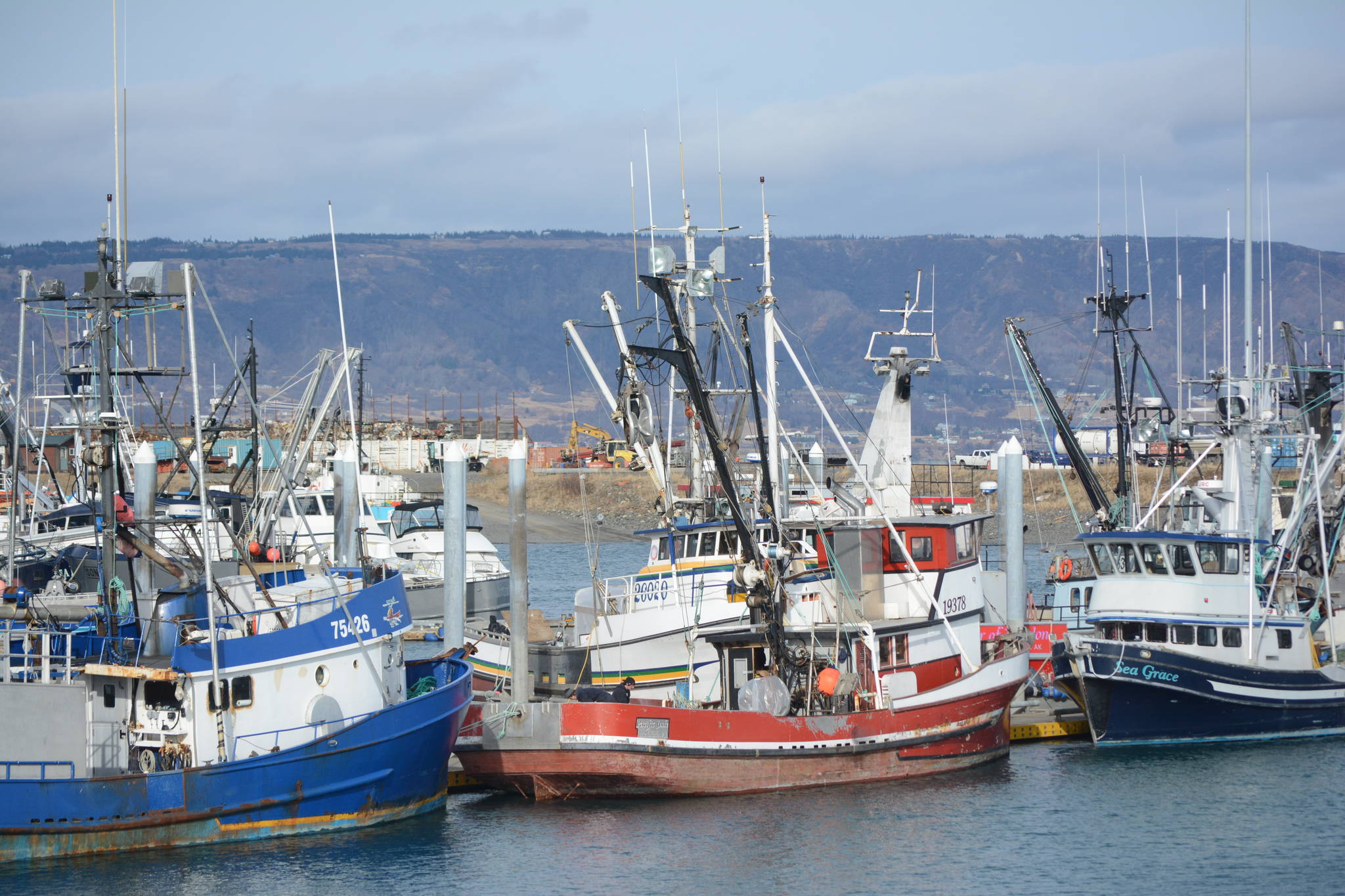Just at a time when crab stocks in the central Gulf of Alaska are taking off, likely in part due to crashing cod populations, a new study funded by the National Oceanic and Atmospheric Administration shows that ocean acidification is damaging the shells of young Dungeness crab in the Pacific Northwest, an impact that scientists did not expect until much later this century.
A study released in the journal Science of the Total Environment this week is based on a 2016 survey of Oregon, Washington and British Columbia coastal waters that looked at larval Dungeness, the Seattle Times reported. The findings add to concerns about the future of the Dungeness as atmospheric carbon dioxide — on the rise because of fossil-fuel combustion — is absorbed by the Pacific Ocean and increases acidification.
“If the crabs are affected already, we really need to make sure we start to pay attention to various components of the food chain before it is too late,” said Nina Bednarsek, the lead author among 13 contributing scientists.
Dungeness sustain West Coast commercial seafood harvests typically worth more than $200 million annually and are a mainstay for tribal and recreational crabbers. They have previously thrived in coastal waters that in recent years have been found to have hot spots of ocean acidification.
Bednarsek and her colleagues documented for the first time that some Dungeness larvae in the wild already had pitted and folded shells, described in their journal article as “severe carapace dissolution,” and that these larvae were typically smaller in size.
They also found damage to hair-like structures that act as sensory receptors, and the researchers hypothesize this could lead to slower movements, impaired swimming and other problems.
The authors of this new study said more research is needed to understand what the new findings may mean for the future of the Dungeness crab as the Pacific coastal waters continue to absorb more carbon dioxide.
Natura Richardson, Alaska Department of Fish and Game assistant area management biologist in Kodiak, told Seawatch that so far there have been no signs of acidification problems in the Gulf of Alaska with either Dungeness or bairdi Tanner crab.
“We had one of our largest Dungeness years in a long time just this last year, so we’re not seeing any effect yet,” she said.
She added that that does not mean there isn’t any effect, just that it has not presented in the commercial fishery.
“If there’s effects on larvae, that’s something that we wouldn’t see for a few years.”
She said that the same is true for the Tanner population, which is seeing one of the strongest pulses of recruits ever in the fishery.
She also said that the Tanner crab fishery currently underway is about half-way through the quotas for both open areas, the Eastern District with 300,000 pounds and the Southeast District with 100,000 pounds.
The fleet has been rapidly dwindling, though. The season started with 51 boats registered, 41 in the Eastern District and 10 in the Southeast, Richardson said.
“We’ve had quite a few vessels quit for the season, I think we’re down to 18 vessels in the East side and eight in the Southeast,” she said.
She said that they had anticipated the slow pace of this year’s fishery compared to the past couple years, simply because there are a lot of crab in the water but few of them are legal size, so there is a lot of sorting involved.
The cold weather is a concern for undersized crab being exposed to the cold air which can cause their lungs to freeze and legs to fall off.
Richardson said it has been down into the teens with lots of freezing spray, and that they have been asking the fleet more than they have in the past about discards, ratios of target crab versus non-target crab and what they are seeing on the boat.
“A lot of that is voluntary information but generally the fleet is pretty good about telling us if they’re seeing a lot of legs fall off them on the deck, and those are things we’re concerned about, and touching base with the fleet more than in the past.”
Cristy Fry can be reached at realist468@gmail.com.



